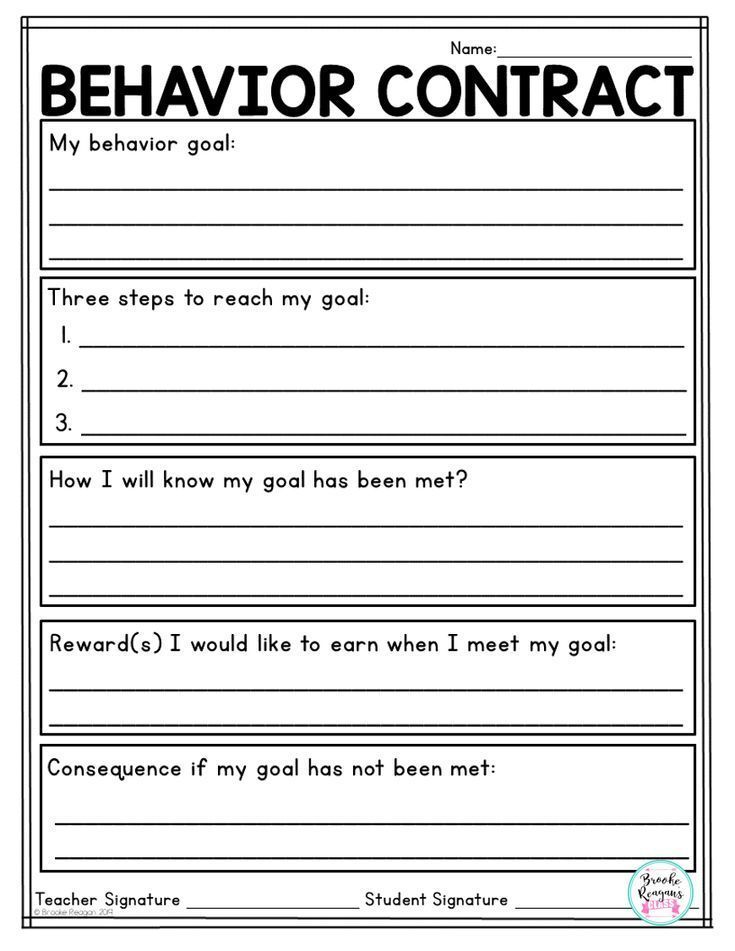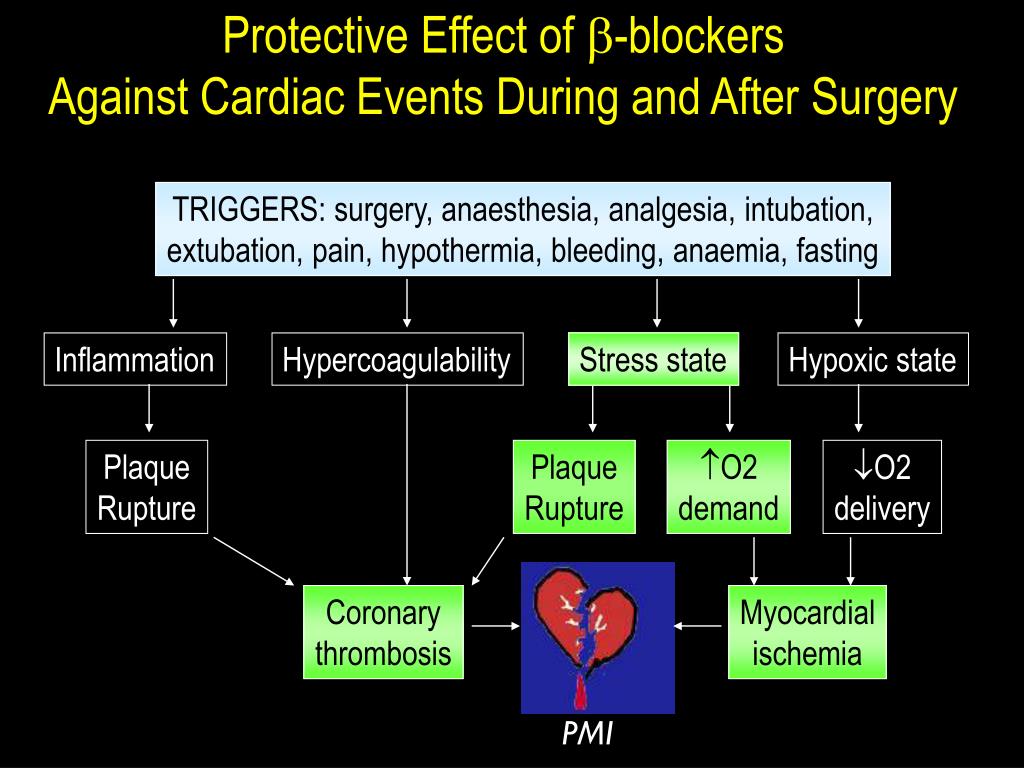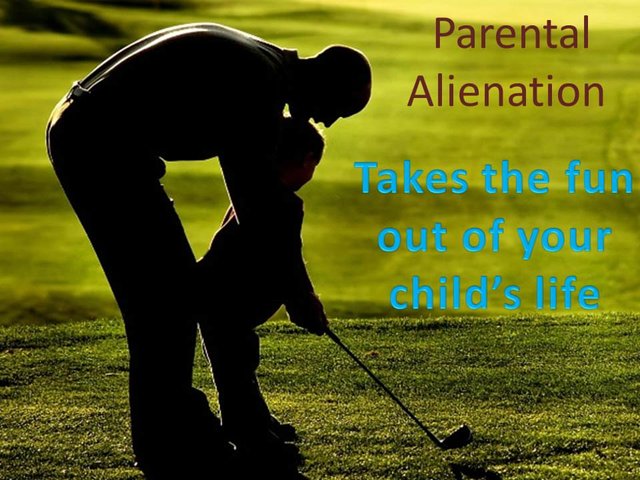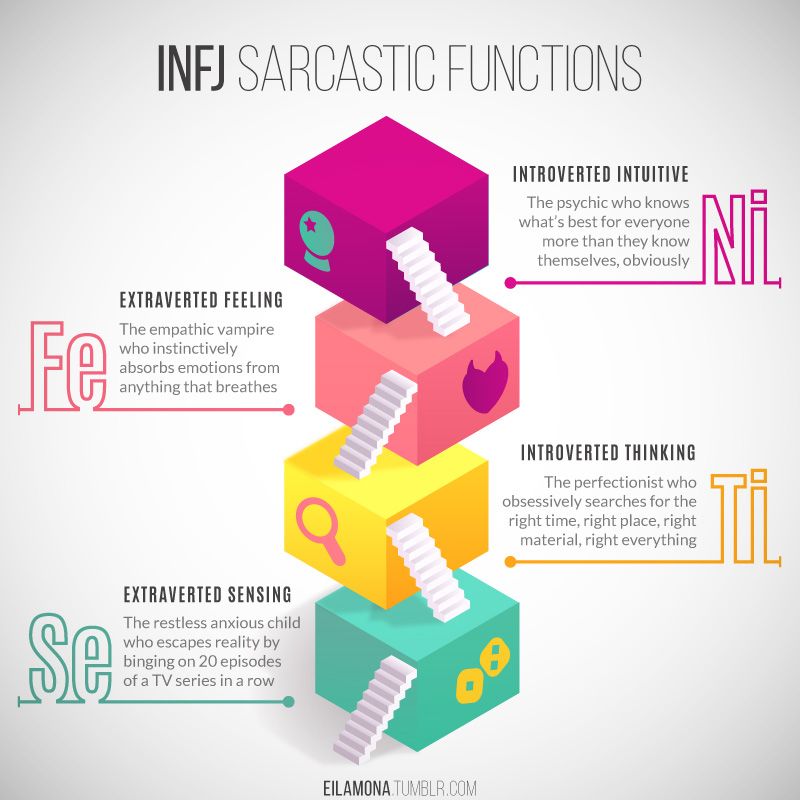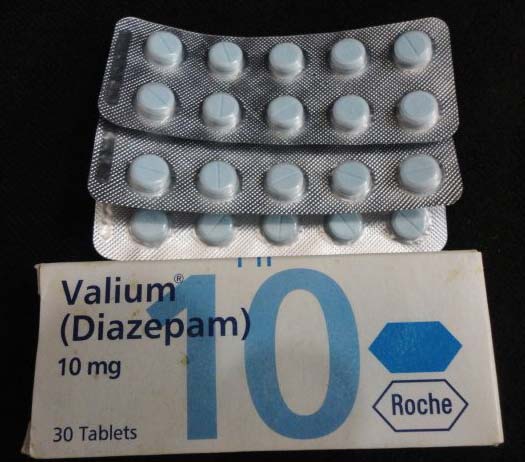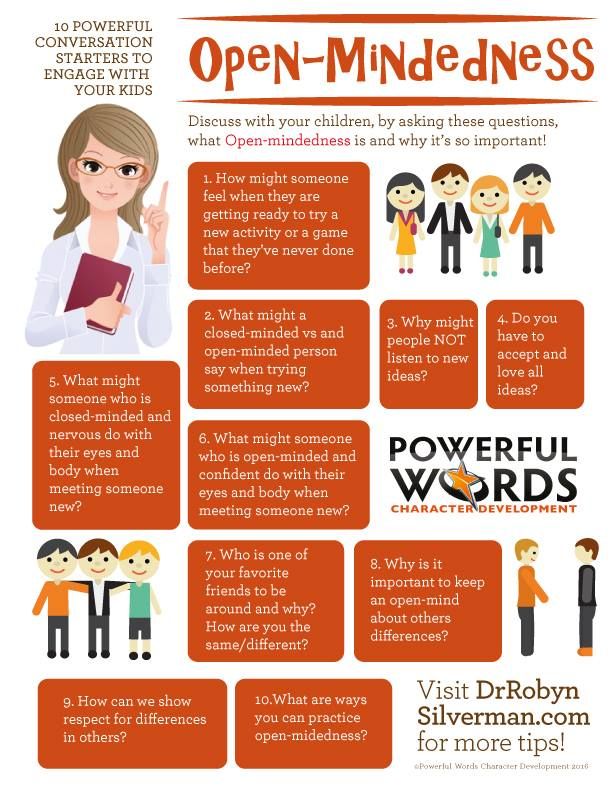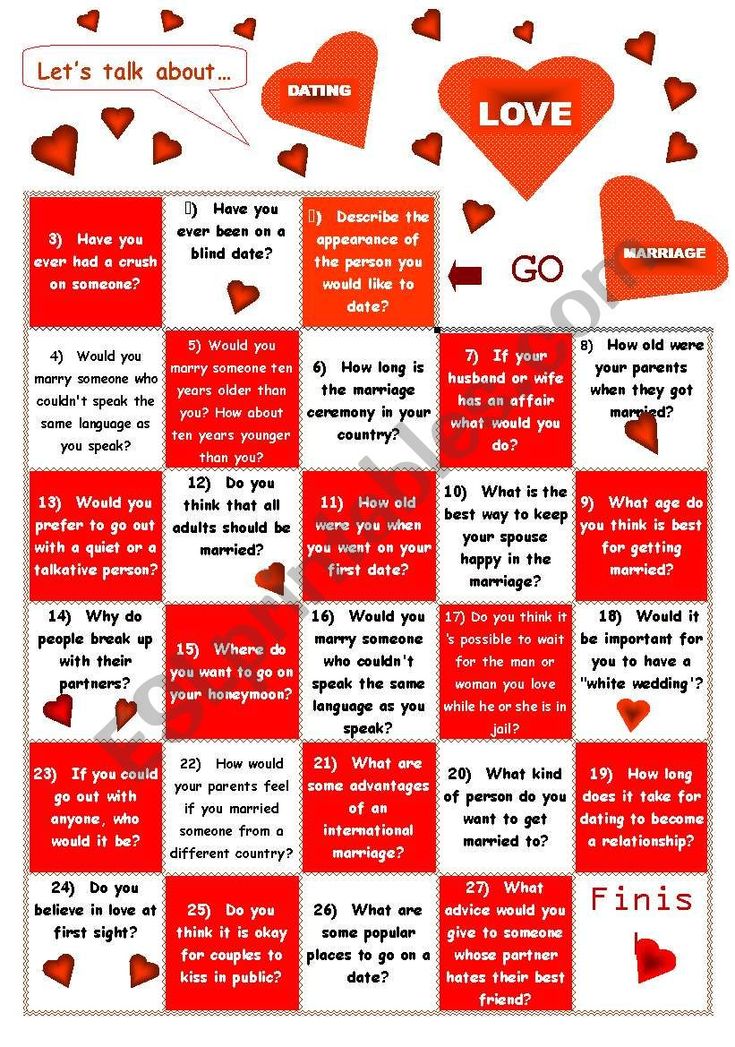Quotes about seasonal affective disorder
Top 25 Seasonal Affective Disorder Quotes (Seasonal Depression)
This post contains some of the best seasonal affective disorder quotes.
- Seasonal Depression (Seasonal Affective Disorder (SAD))
- Seasonal Affective Disorder Quotes
Seasonal depression, also called seasonal affective disorder (SAD), is a type of depression that’s related to changes in seasons. (*) (*) (*)
SAD begins and ends at about the same times every year and most commonly begins in late fall and continues into the winter months.
Related: Do I Have Seasonal Depression Quiz (+Top 12 Natural Ways To Boost Your Mood)
Seasonal Affective Disorder Quotes1. “SAD is a type of depression related to the winter season and is common, affecting 1–9% of the U.S. population, depending on latitude.”— Kelly J. Rohan
2. “If you have SAD, sleep probably comes easily, too often, and lasts too long. Getting up is hard to do. Everyone has difficulty getting out of bed from time to time. We both like to hit the snooze button on winter mornings when it’s dark and cold and squeeze in just a few more minutes of sweet sleep. Doing this means that we have to speed up our morning routine, or write one less page in our book that day. These aren’t huge consequences.” – Laura L. Smith & Charles H. Elliott
3. “The way you experience SAD is unique to you. You may feel tired, depressed, or irritable. You may experience changes in appetite or aches and pains. You may have difficulty concentrating or trouble sleeping. Whatever your symptoms, SAD can greatly affect your quality of life, making it difficult to enjoy things the way you used to.”— Kelly J. Rohan
Related: What is Concealed Depression? (Effective 3-Step Guide To Overcome High Functioning Depression)
4. “SAD is a form of clinical depression. SAD is different from nonseasonal depression in that it tends to recur every year and follows a seasonal pattern of onset in the fall or winter and remission in the spring or summer—Kelly J. Rohan
“SAD is a form of clinical depression. SAD is different from nonseasonal depression in that it tends to recur every year and follows a seasonal pattern of onset in the fall or winter and remission in the spring or summer—Kelly J. Rohan
5. “Most people with SAD attribute their misery to the change in seasons. For many, depression arrives in the fall, settles in through the winter, packs up in spring, and leaves in the summer. For them, seasonal shifts appear to cause and cure their depressive symptoms.” – Laura L. Smith & Charles H. Elliott
6. “Most scientists believe that the primary cause of SAD is diminished sunlight that accompanies the shorter days in the winter. For many people, reduced light triggers changes that reverberate throughout their bodies and minds, causing their moods to darken.” – Laura L. Smith & Charles H. Elliott
7. “People who experience moderate changes with the seasons are said to have subsyndromal SAD (S-SAD).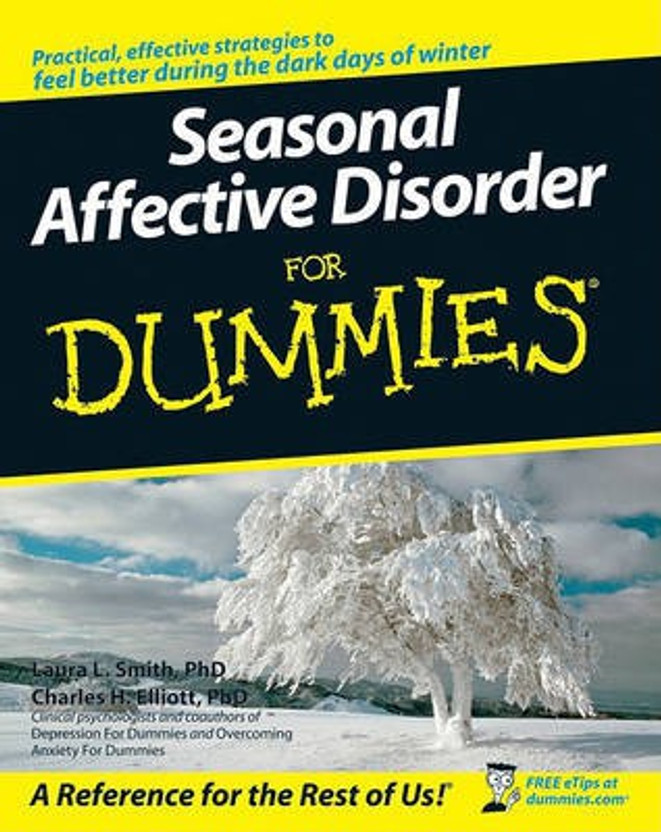 The bottom line is that SAD symptoms are very common and get more common as distance from the equator increases.”—Kelly J. Rohan
The bottom line is that SAD symptoms are very common and get more common as distance from the equator increases.”—Kelly J. Rohan
8. “People suffering from seasonal affective disorder (SAD) typically internalize negative and pessimistic beliefs and feel unable to deal with everyday problems. Fortunately, helping folks change the way they think helps them feel better and live their lives more fully. Literally hundreds of studies support the value of thought therapy for the treatment of depression.” – Laura L. Smith & Charles H. Elliott
9. “People with depression or seasonal affective disorder (SAD) often complain about problems with sleep. Folks with nonseasonally related depression often report not sleeping enough, but SAD sufferers typically say the opposite — that they sleep too much. Neither type of problem is much fun.” – Laura L. Smith & Charles H. Elliott
Related: Journal Prompts For Depression (+FREE Depression Worksheets PDF)
10.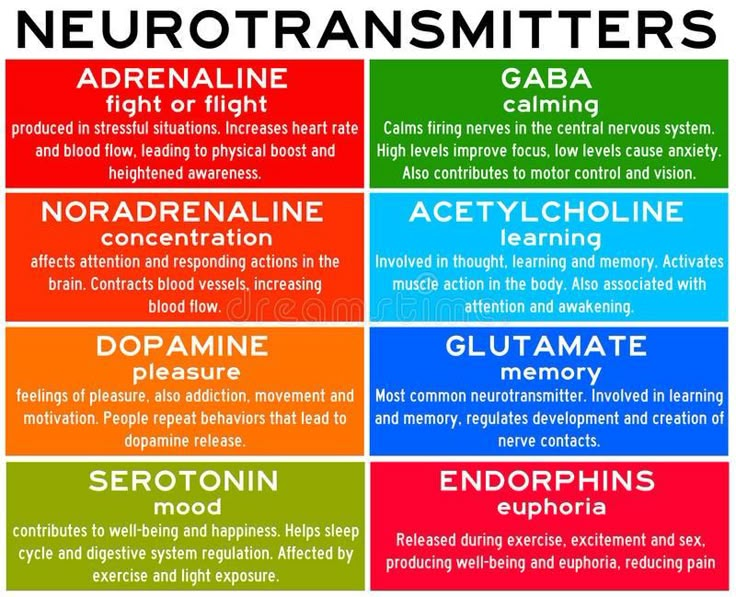 “During winter, people with SAD commonly do not engage in many pleasant activities. People with SAD typically have little energy, and their bodies seem to be telling them to sleep, sleep, sleep. You may find that in winter you do a lot of sleeping and sitting around instead of doing things you enjoy. As spring arrives, you begin to be more active.”—Kelly J. Rohan
“During winter, people with SAD commonly do not engage in many pleasant activities. People with SAD typically have little energy, and their bodies seem to be telling them to sleep, sleep, sleep. You may find that in winter you do a lot of sleeping and sitting around instead of doing things you enjoy. As spring arrives, you begin to be more active.”—Kelly J. Rohan
11. “People with seasonal affective disorder (SAD) dread the turn from fall to winter. Darkness on the outside brings depression on the inside. People with SAD don’t look forward to cozy nights in front of a roaring fire, skiing, making snowmen, or celebrating holidays. Instead, they simply hope and pray that they can muddle through until spring.” – Laura L. Smith & Charles H. Elliott
Related: How To Treat Postpartum Depression Naturally? Top 10 Powerful Natural Treatments (+FREE PPD Resources)
12. “SAD is more serious than bad moods related to cold weather or cloudy days. People with SAD usually report overwhelming feelings of fatigue, seriously depressed moods, cravings for carbohydrates, and disturbed sleep. These symptoms tend to endure through the winter months and improve in the spring.” –
Laura L. Smith & Charles H. Elliott
People with SAD usually report overwhelming feelings of fatigue, seriously depressed moods, cravings for carbohydrates, and disturbed sleep. These symptoms tend to endure through the winter months and improve in the spring.” –
Laura L. Smith & Charles H. Elliott
13. “SAD or any type of depression can be tricky to diagnose because symptoms vary widely from person to person. Some people experience overwhelming fatigue; others feel out of sorts. Many individuals are keenly aware of their hopeless moods while others complain more about vague symptoms, such as feeling run-down or a lack of enthusiasm. The folks in the latter group commonly deny feeling depressed when asked. And sometimes a bad or sad mood is just a bad or sad mood.” – Laura L. Smith & Charles H. Elliott
14. “Decreased activity may come before or after depressed mood. When you are experiencing depressed mood with a SAD episode, you are less motivated to do things. You begin to be less active because you are feeling depressed.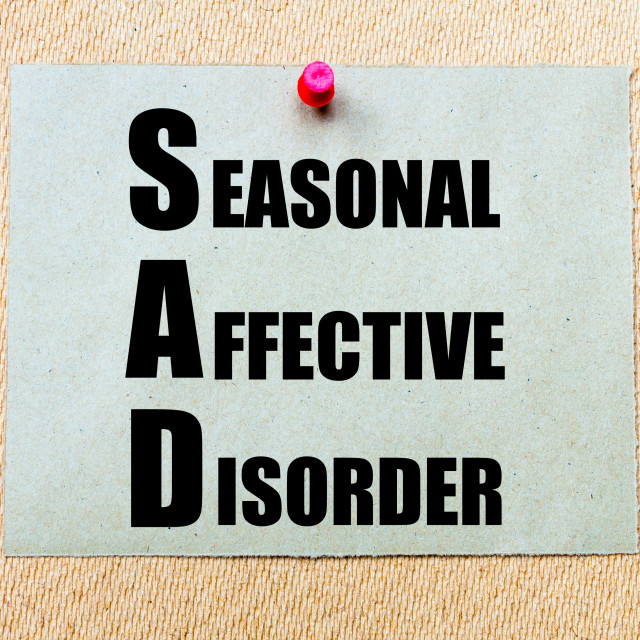 ”—Kelly J. Rohan
”—Kelly J. Rohan
15. “When you are suffering from your SAD symptoms, you may end sitting around thinking about how bad and tired you feel instead of doing a pleasant activity. At these times you may feel worthless, pessimistic about your life, and blame yourself for your own inactivity and fatigue. You may say to yourself something like “I’m so useless I can’t even get off the couch and do something.” These types of thoughts are common among people with SAD. They tend to make people feel even worse and even less likely to do pleasant activities.”—Kelly J. Rohan
16. “People with SAD often have negative thoughts that make them feel worse. These types of thoughts may also keep them from trying the activities that just might make them feel better. Think about the kinds of thoughts that you have when you are considering whether or not to do an activity. If you have negative thoughts such as, “I’m so tired” or, “I won’t enjoy it anyway,” you are less likely to engage in the activity. ”—Kelly J. Rohan
”—Kelly J. Rohan
16. “Seasonal depression hits for me, like clockwork, the day after Halloween… Thanksgiving is my first warning; Christmas is my second; and New Year’s Eve is not a beginning but an end.” — Dayna Evans
17. “The relationship between SAD and negative thinking is actually a two-way street. Yes, the more depressed you are, the more your thinking turns negative. And as your thinking becomes more negative, your depression deepens. However, there is good news here. Whichever way the cycle starts, you can improve your moods by changing the way you think.” – Laura L. Smith & Charles H. Elliott
18. “The winter blues is similar to, but not as severe as, SAD. You may feel a little down for several days when it’s overcast and cold outside, and that’s not unusual. You’re sludging through mushy snow and getting wet and cold and downright dirty at times (don’t you just hate that sandy salt thrown all over the street and sidewalk?).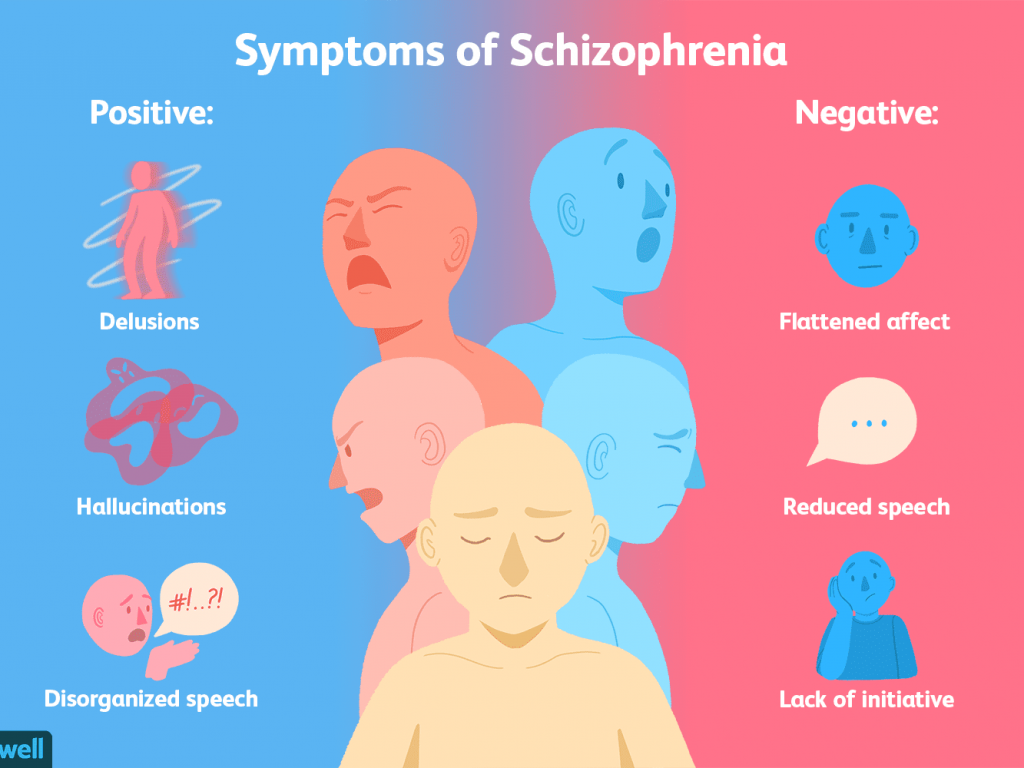 But for most people, a nice cup of hot chocolate or a cheery fire is enough to perk up their moods until the sun comes out again. Symptoms that are pretty much the same as SAD, just less oppressive and usually fewer in number, persist throughout the winter season.” – Laura L. Smith & Charles H. Elliott
But for most people, a nice cup of hot chocolate or a cheery fire is enough to perk up their moods until the sun comes out again. Symptoms that are pretty much the same as SAD, just less oppressive and usually fewer in number, persist throughout the winter season.” – Laura L. Smith & Charles H. Elliott
19. “There’s more to SAD than changing seasons. SAD is a real form of depression that can seriously impact a sufferer. Moods associated with SAD can be so dark that the person starts missing work, withdraws from people, and in rare cases, contemplates suicide.” – Laura L. Smith & Charles H. Elliott
Related: Journal Prompts For Depression (+FREE Depression Worksheets PDF)
20. “These estimated fourteen million Americans are said to be suffering from seasonal affective disorder, or SAD, a condition now generally accepted by the medical community and the public at large. Another fourteen percent of the adult U.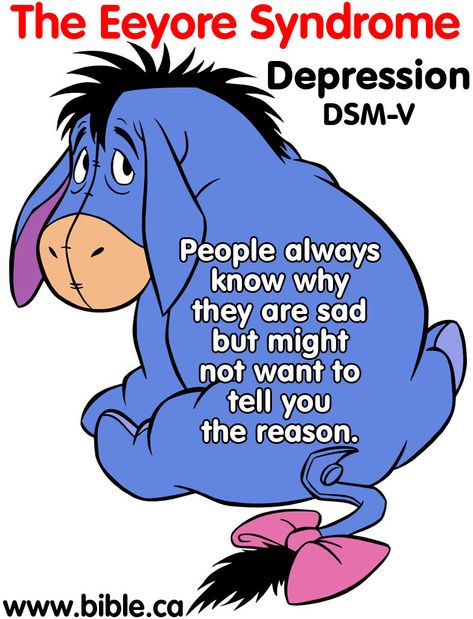 S. population is estimated to suffer from a lesser form of SAD, known as the winter blues.” – Norman E. Rosenthal
S. population is estimated to suffer from a lesser form of SAD, known as the winter blues.” – Norman E. Rosenthal
21. “This condition, also known as seasonal affective disorder (SAD), has been shown in many studies in the United States and elsewhere in the world to respond to treatment with bright environmental light (light therapy). Light therapy is no longer considered experimental but is a mainstream type of psychiatric treatment.” – Norman E. Rosenthal
22. “Unlike people with full-blown SAD, some sufferers with the winter blues generally manage their lives okay during the winter. They go to work, attend school, and participate in activities, but they don’t spring into these activities with much enthusiasm or interest (at least not as much as they do in the summer or spring).” – Laura L. Smith & Charles H. Elliott
23. “A highly effective way of alleviating SAD involves using the mind to re-establish good moods, increase energy, and instill hope. Again, the mind, body, and environment interact. When depressed people figure out how to think in nondepressed ways, their brains show improvements in functioning.” – Laura L. Smith & Charles H. Elliott
Again, the mind, body, and environment interact. When depressed people figure out how to think in nondepressed ways, their brains show improvements in functioning.” – Laura L. Smith & Charles H. Elliott
24. “If you get past your SAD, that’s wonderful. Some people recover from SAD or other types of depression and feel great. But others are left feeling a little flat — not bad, not sad, but a little empty. It’s like SAD consumed their spirit and energy. Winning the battle of SAD leaves them feeling a lack of purpose and meaning.” – Laura L. Smith & Charles H. Elliott
25. “You cannot change the fact that winter will arrive every year, but you can work to change the way you cope with it.”—Kelly J. Rohan
Related: Am I Lonely Quiz (+ Top 5 Tips To Overcome Loneliness)
References
- Portions of this article were adapted from the book Seasonal Affective Disorder For Dummies, © 2007 by Laura L.
 Smith & Charles H. Elliott. All rights reserved.
Smith & Charles H. Elliott. All rights reserved.
Disclosure: The links below are affiliate links. This means that, at zero cost to you, I will earn an affiliate commission if you click through the link and finalize a purchase.
Sleep Weighted Blanket Kindle Paperwhite (8 GB) Cleverfy Shower Steamers Aromatherapy Candle Balsam & Cedar ScentedAffordable
Online Therapy: Do You Need Professional Help?Visit Online-Therapy.com Today
Talk to Someone Now
Can’t Afford Therapy?
Our Worksheets Will Help Support Your Mental Health
Access Our FREE Library Resources
16 Inspirational Quotes to Beat Seasonal Depression
Finally, cooler weather is coming! For those of you who have been sweating through your favorite shirts and feeling constantly dehydrated, this can seem like a blessing. However, for some people, its dreaded.
However, for some people, its dreaded.
Six percent of Americans suffer from severe Seasonal Affective Disorder which causes depression in otherwise neurotypical people. Another 14 percent suffer from a lesser form of the same disorder, typically characterized by mood swings, rather than simply depression.
So, while you are enjoying your pumpkin spice latte and throwing on your hoodies, remember these people.
If you are affected by this disorder, realize you aren’t alone. Six percent and 14 percent are large percentages when you are talking about millions of people. There are simple things you can do to help yourself to get out of bed and face the grey skies.One thing that has helped me the most is taping inspirational quotes to my mirror and reading them aloud every morning. It helps prepare you for an uplifting day, despite the sun hiding. Here are some that I have collected over the years, I suggest you try it too!
1. “Nothing is impossible, even the word itself say ‘I’m possible!’’ –Audrey Hepburn
2. “With every new day comes new strength and new thoughts” –Eleanor Roosevelt
“With every new day comes new strength and new thoughts” –Eleanor Roosevelt
3. “A gloomy guest fits not a wedding feast” –Friedrich Schiller
4. “The best preparation for tomorrow is doing your best today” –H. Jackson Brown, Jr.
5. “It is during our darkest moments that we must focus to see the light” –Aristotle
6. “Start by doing what’s necessary; then do what’s possible; and suddenly you are doing the impossible.” –St. Francis of Assisi
7. “Don’t judge each day by the harvest you reap but by the seeds that you plant.” –Robert Louis Stevenson
8. “What lies behind you and what lies in front of you, pales in comparison to what lies inside of you.” –Ralph Waldo Emerson
9. “Love is a fruit in season at all times, and within reach of every hand.” –Mother Teresa
10. “Try to be a rainbow in someone’s cloud.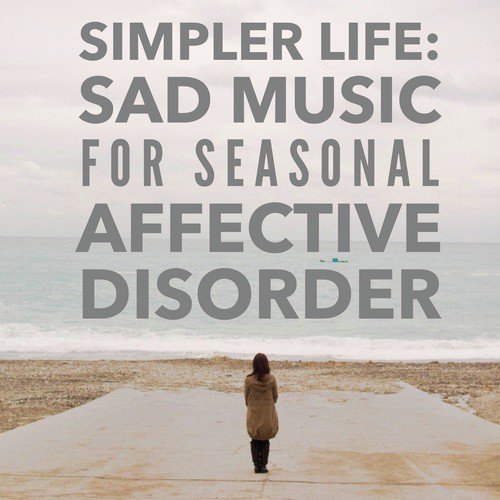 ” –Maya Angelou
” –Maya Angelou
11. “Happiness is the natural flower of duty.” –Phillips Brooks
12. “A champion is someone who gets up when he can’t.” –Jack Dempsey
13. “Look within. Within is the fountain of good, and it will ever bubble up, if thou wilt ever dig.” –Marcus Aurelius
14. “The best way out is always through.” –Robert Frost
15. “Give light, and the darkness will disappear of itself.” –Desiderius Erasmus
16. “Give light and people will find the way.” –Ella Baker
Photo credits: Eleanor Ritzman
- depression
- inspirational
- mental heath
- quotes
- sad
- Seasonal Depression
- self-care
English spleen: how to tell a foreigner that you are overtaken by autumn depression
Do you try to leave the house less often, stop sending funny gifs to your friends and don't even laugh at the collections of epic fails on YouTube? You may have been overtaken by seasonal affective disorder ("seasonal affective disorder", SAD), or, to put it simply, autumn depression.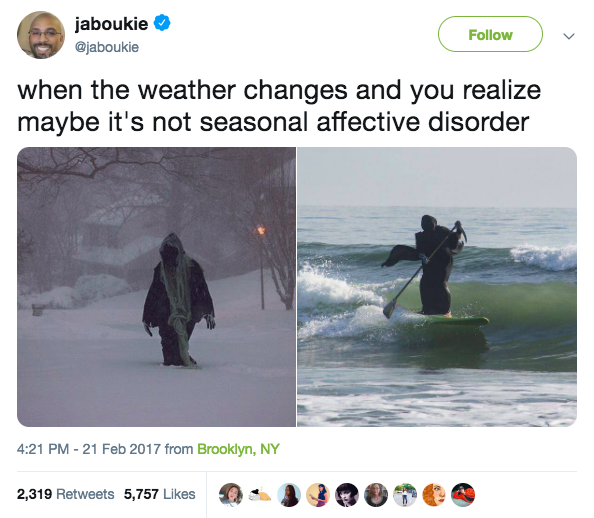 Skyeng Magazine tells how to answer the question “How are you?” when sad is not enough, and how to overcome melancholy. nine0003
Skyeng Magazine tells how to answer the question “How are you?” when sad is not enough, and how to overcome melancholy. nine0003
To be feeling down The phrase is usually used with the ending -ing . As if there were few disorders, it also turns out that some state verbs like feel are still used in Continuous .
© Tereza HoškováHow to fight? Follow the Aww community on Reddit and cheer yourself up with videos and photos of cute pets. And at the same time practice English - for example, remember the comparative degrees of adjectives. This can be done by wrapping yourself in a warm blanket to the sound of rain. nine0003
A phrase for autumn weekdays when you got up on the wrong foot and the day didn't work out. At the same time, you do not want to listen to the advice of colleagues to go to a psychotherapist - I'm just not in the mood. The idiom to be out of sorts is also used to mean "unwell": I've been feeling tired and headachy and generally out of sorts ("I feel tired, my head hurts, and I'm generally unwell").
How to fight? Take an unscheduled day off and pretend to be a tourist in your hometown - it probably has more to surprise you with. Read on the Internet what unusual places foreigners are advised to visit. To do this, type in the search engine " hidden gems in (your city)" or " secret places in (your city)".
Miserable is quite an emotional word. Use it on days when you feel especially miserable and miserable, or better yet, don't use it on yourself at all. Describe the weather like this: it has been raining all day outside, piercing wind, puddles knee-deep - what a miserable weather ("what a miserable weather").
© Simon Migaj How to fight? Wrap yourself up in the same warm blanket and watch a movie that will remind you of summer. For example, "(500) Days of Summer" : summer here, as in life, does not last 500 days, but the main character's name is very summery - Summer Finn.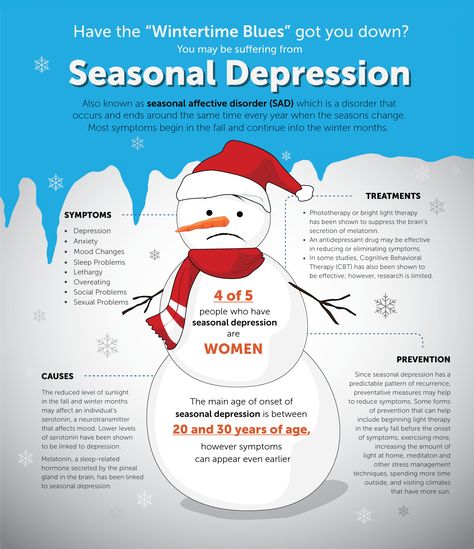 And at some point, the girl Autumn will appear (“ autumn - autumn”). In general, a very symbolic film that happiness can be found not only in summer, but also in autumn.
And at some point, the girl Autumn will appear (“ autumn - autumn”). In general, a very symbolic film that happiness can be found not only in summer, but also in autumn.
The color blue in English is associated with sadness. According to one version, this expression came from the tradition of raising a blue flag on a ship if the captain died. Despite the fact that, according to surveys, blue is associated with calmness, harmony and relaxation among Americans, the expression has firmly entered the language and is still actively used in spoken English. nine0003 © Alisa Anton
How to fight? Listen to pleasant music. If you like pop, we recommend Taylor Swift's new album "Lover" . Firstly, there are many funny songs with life-affirming lyrics. Secondly, blue is the most used color in this album. Counting all his mentions will definitely distract you from unhappy thoughts.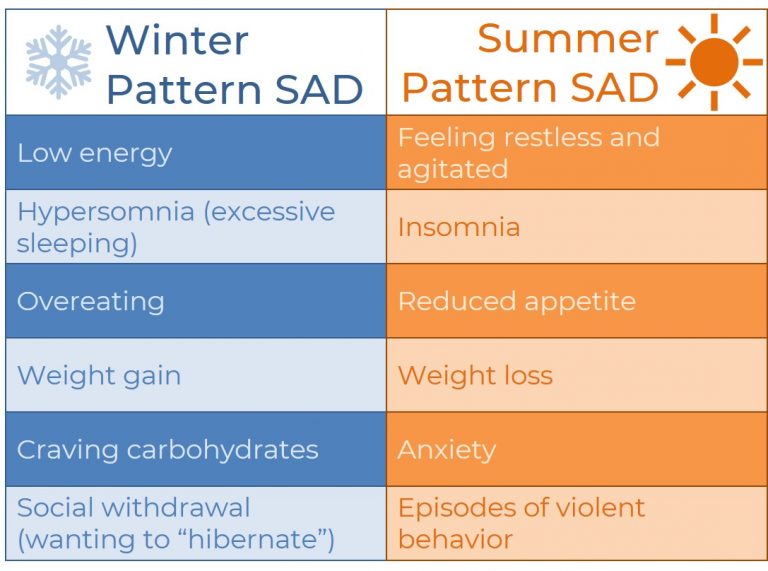 At the same time, you will see how differently it can be used in context.
At the same time, you will see how differently it can be used in context.
If you feel discouraged , it means that you lose motivation and desire to do something. Often this feeling arises from harsh criticism or the high complexity of the task. But autumn depression can also sometimes discourage even the most beloved activities. Nothing comes out, there is no progress, and it begins to seem that it’s not at all in autumn - it’s just that your hands are in the wrong place.
How to fight? Read motivational quotes of great people - you will find an incredible number of selections for the query " motivational quotes ". Especially cool, in your opinion, make a screensaver on your phone or attach a sticker to your computer screen. And if autumn has discouraged you from learning English, watch a video on the Skyeng YouTube channel about how celebrities learned the language and be inspired by their examples.
And if autumn has discouraged you from learning English, watch a video on the Skyeng YouTube channel about how celebrities learned the language and be inspired by their examples.
Gloomy is often used to describe a gloomy room, an overcast day, a depressing atmosphere, a hopeless future—anything that is not particularly optimistic. So if you are gloomy today and didn’t even say hello to a cute grandmother from a neighboring apartment in the stairwell, gloomy describes your state of mind very accurately.
How to fight? Treat yourself to something tasty - bake a cake or prepare a warming drink (you can also have an alcoholic one, to be sure). For the perfect fall evening recipe, head to Jamie Oliver's website. Recipes here are divided into three categories according to complexity: super easy — even a child can handle it; not too tricky nine0005 showing off - either you are a chef, or you just decided to show off.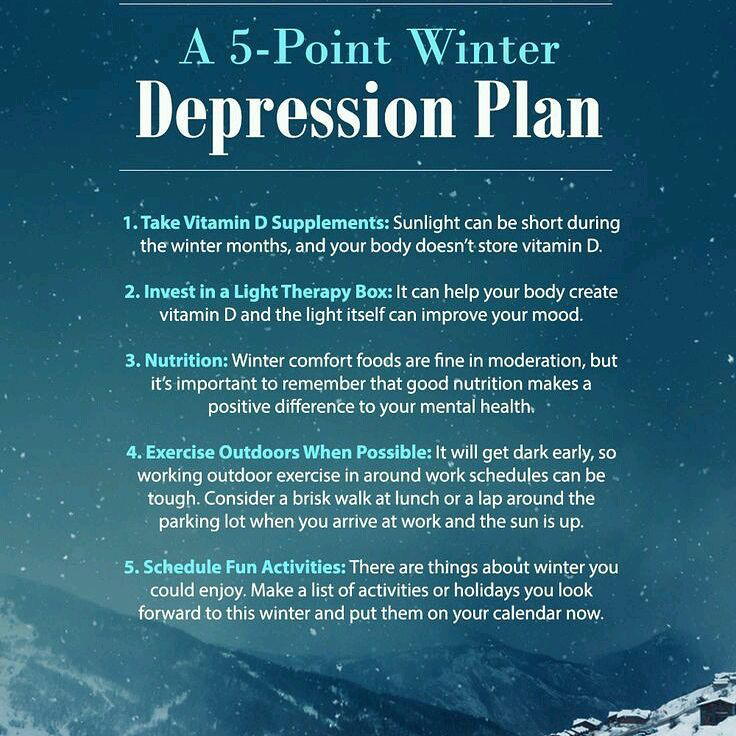
In its direct meaning, the phrase to be in pieces is used in relation to objects that have been broken into pieces. If you are “falling apart”, then things are really bad. You are completely covered with autumn depression and you have neither the strength nor the desire to even get out of bed in the morning.
How to fight? You urgently need positive emotions. Find a new hobby or develop a good habit. Talk to friends more often to distract from sad thoughts. And if the condition does not improve for a long time - do not hesitate to contact a specialist, because it can be not only in bad weather. nine0003 © Christofer Jeschke
And for the lucky ones who know about autumn depression only from the plaintive stories of others, we have compiled a dictionary of a true sympathetic friend. Save yourself:
- I feel you . - I understand you perfectly.
- Yeah, that's horrible.
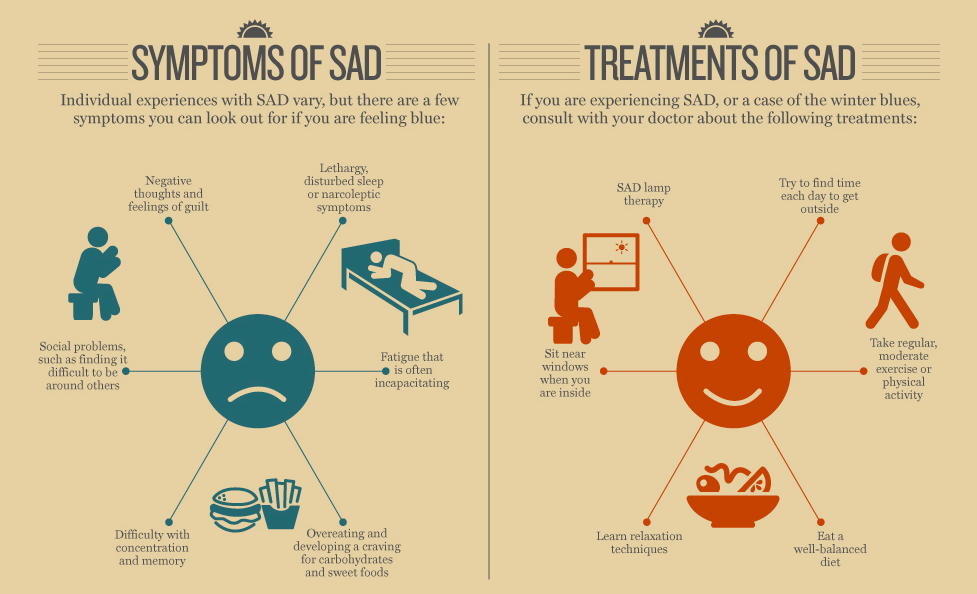 - Yes, it's terrible.
- Yes, it's terrible. - I'm sorry to hear that. - I'm sorry to hear about that.
- That's too bad! - What a pity!
- Is there anything I can do for you ? - Can I help you with something?
- Chin up! - Up your nose!
- Look on the bright side! - Be an optimist!
Remember that autumn is not only rain and sleet, but also beautiful bright nature. In addition, sometimes bad weather is a great excuse to have a home gathering or watch a movie together with friends. And in the fall (and at any other time of the year) it is worth remembering your English. Perhaps the beginning of the school year will encourage you to study. To get started, try signing up for a free introductory lesson at Skyeng. nine0003
You can study at our school anywhere - even in bed under the covers. And we don’t have boring textbooks – all classes are held on an interactive platform with cool exercises, phrases from which you will definitely need in your life.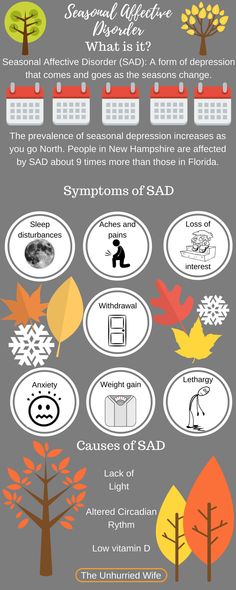
Emotional disorders
Mood rating start with observation of behavior and continue with direct questions:
What is your mood?
How do you behave feel in terms of mental state?
If identified depression, follows in more detail ask the patient if he feels he is sometimes close to tears (existing in fact tearfulness is often denied), Do pessimistic thoughts visit him about the present, about the future; does it occur him a sense of guilt towards the past. Questions can be formulated as follows:
How do you think, what will happen to you in the future?
Do you blame yourself in anything?
With in-depth examination of the patient's state of anxiety ask about somatic symptoms and about thoughts accompanying this affect:
Do you notice any changes in your body when do you feel anxious?
Then move on to specific points, aware of palpitations, dry mouth, sweating, trembling and other signs of autonomic activity nervous system and muscle tension. To identify the presence of anxious thoughts, recommended to ask:
To identify the presence of anxious thoughts, recommended to ask:
What comes to you mind when you experience anxiety?
Likely Answers associated with thoughts of possible fainting, loss of control over oneself and about the impending madness. Many of these questions inevitably coincide with those specified at collecting information for the medical history. nine0003
Questions about upbeat mood correlate with the given with depression; yes, for a general question (“How are you?”) followed by appropriate direct questions, for example:
Do you feel extraordinary vigor?
Upbeat mood is often accompanied by thoughts reflecting overconfidence, overestimation of one's abilities and crazy plans.
Along with the evaluation dominant mood the doctor should find out how mood changes and whether it fits the situation. At sudden mood swings say that it is labile.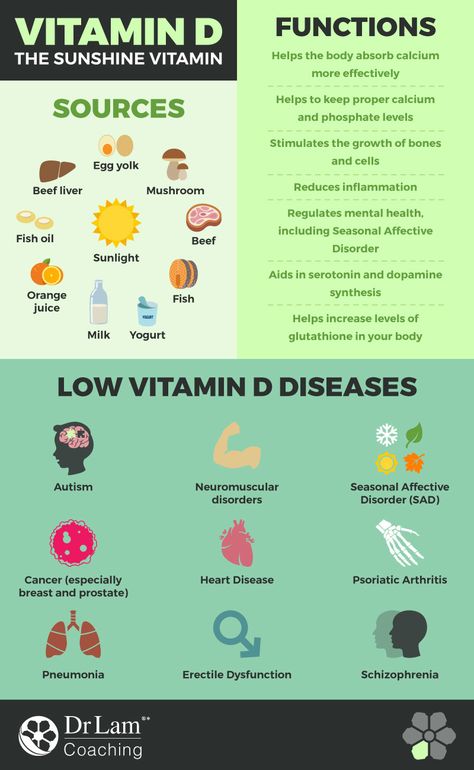 It is also necessary to note any persistent absence of emotional reactions, commonly referred to as dulling or flattening of emotions. At mentally healthy person mood changes according to the main topics discussed; he looks like sad, talking about sad events, expresses anger by talking about made him angry, etc. If the mood does not match the situation (for example, the patient giggles as he describes the death of his mother), it is marked as inadequate. This symptom is often diagnosed without sufficient grounds, therefore it is necessary write down characteristic examples. A closer acquaintance with patients may be further advised another explanation for his behavior; for example, smiling when talking about sad events may be the result embarrassment. nine0003
It is also necessary to note any persistent absence of emotional reactions, commonly referred to as dulling or flattening of emotions. At mentally healthy person mood changes according to the main topics discussed; he looks like sad, talking about sad events, expresses anger by talking about made him angry, etc. If the mood does not match the situation (for example, the patient giggles as he describes the death of his mother), it is marked as inadequate. This symptom is often diagnosed without sufficient grounds, therefore it is necessary write down characteristic examples. A closer acquaintance with patients may be further advised another explanation for his behavior; for example, smiling when talking about sad events may be the result embarrassment. nine0003
State emotional sphere is determined and assessed throughout the survey. In the study of the sphere of thinking, memory, intelligence, perception is fixed the nature of the emotional background, volitional patient reactions.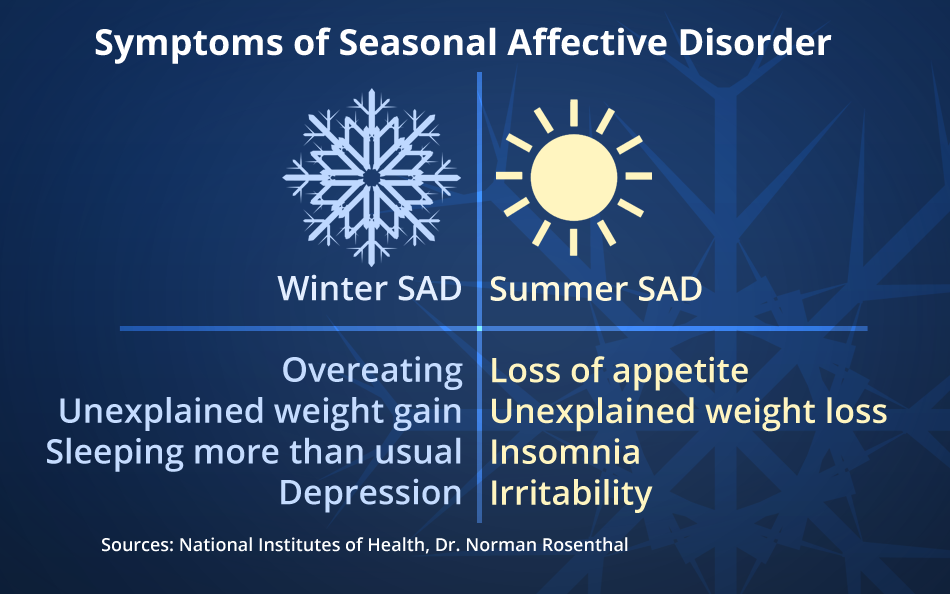 Feature is evaluated emotional attitude of the patient to relatives, colleagues, neighbors ward, medical staff, own state. At the same time, it is important take into account not only the patient's self-report, but also data from objective observation of psychomotor activity, facial expressions and pantomime, for indicators of tone and orientation of vegetative-metabolic processes. The patient should be asked and those who watched him about the duration and quality of sleep, appetite (decreased with depression and elevated in mania), physiological functions (constipation with depression). On examination, pay attention attention to the size of the pupils (dilated depression), skin moisture and mucous membranes (dryness with depression), measure blood pressure and count the pulse (increased blood pressure and increased pulse during emotional stress), find out the patient's self-esteem (reassessment in a manic state and self-abasement with depression). nine0003
Feature is evaluated emotional attitude of the patient to relatives, colleagues, neighbors ward, medical staff, own state. At the same time, it is important take into account not only the patient's self-report, but also data from objective observation of psychomotor activity, facial expressions and pantomime, for indicators of tone and orientation of vegetative-metabolic processes. The patient should be asked and those who watched him about the duration and quality of sleep, appetite (decreased with depression and elevated in mania), physiological functions (constipation with depression). On examination, pay attention attention to the size of the pupils (dilated depression), skin moisture and mucous membranes (dryness with depression), measure blood pressure and count the pulse (increased blood pressure and increased pulse during emotional stress), find out the patient's self-esteem (reassessment in a manic state and self-abasement with depression). nine0003
depressive symptoms
repressed mood (hypothymia).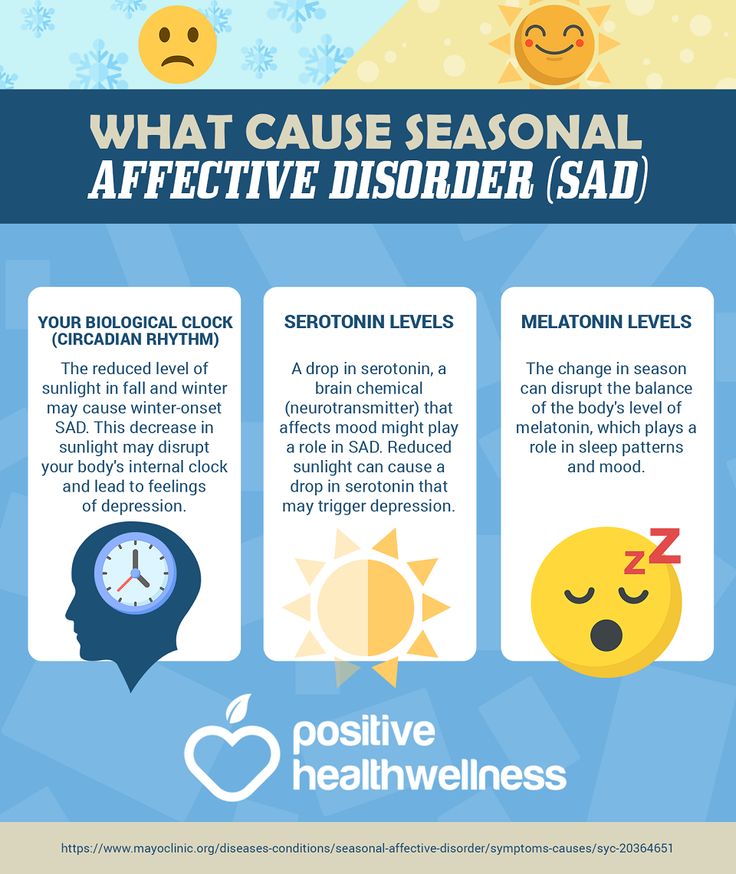 The patients experiencing feelings of sadness, despondency, hopelessness, discouragement, feel unhappy; anxiety, tension or irritability should also be assessed as dysphoric mood. Evaluation is made regardless of the duration of the mood.
The patients experiencing feelings of sadness, despondency, hopelessness, discouragement, feel unhappy; anxiety, tension or irritability should also be assessed as dysphoric mood. Evaluation is made regardless of the duration of the mood.
Have you experienced tension (anxiety, irritability)?
How long is it did it last?
Have you experienced periods of depression, sadness, hopelessness? nine0003
Do you know a state where nothing makes you happy, when you don't care?
Psychomotor lethargy. The patient feels drowsiness and difficulty in motion. Should be visible objective signs of inhibition, e.g. slow speech, pauses between words.
Do you feel lethargy?
Cognitive deterioration abilities. Patients complain about impaired ability to concentrate attention and general impairment of mental abilities. For example, helplessness on reflection, inability to accept solutions.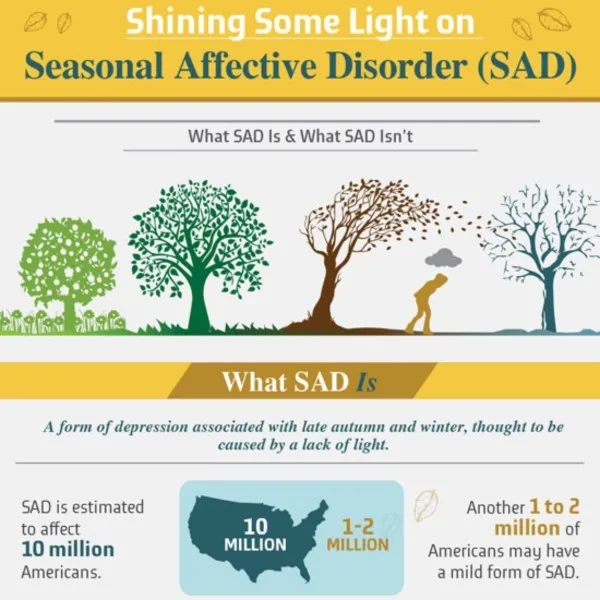 Thinking disorders in more degrees are subjective and differ from gross disorders such as rupture or incoherent thinking. nine0003
Thinking disorders in more degrees are subjective and differ from gross disorders such as rupture or incoherent thinking. nine0003
Are you experiencing any problems in thinking; decision making; performing arithmetic actions in everyday life; if necessary focus on something?
Loss of interest and/or desire for pleasure. Patients lose interest need for pleasure in various areas of life, decreasing sex drive.
Do you notice You change in your interest in surrounding?
What usually delivers Do you enjoy?
Does it please you now?
Ideas of low value (self-abasement), guilt. Sick derogatory assessment of their personality and abilities, belittling or denying all positive, talk about guilt and express unfounded ideas guilt.
Do you have feelings dissatisfaction with yourself lately?
What is it connected with?
What's in your life can be regarded as your personal achievement?
Are you not experiencing Are you feeling guilty?
Could you tell me what you accuse yourself of?
Thoughts of death suicide.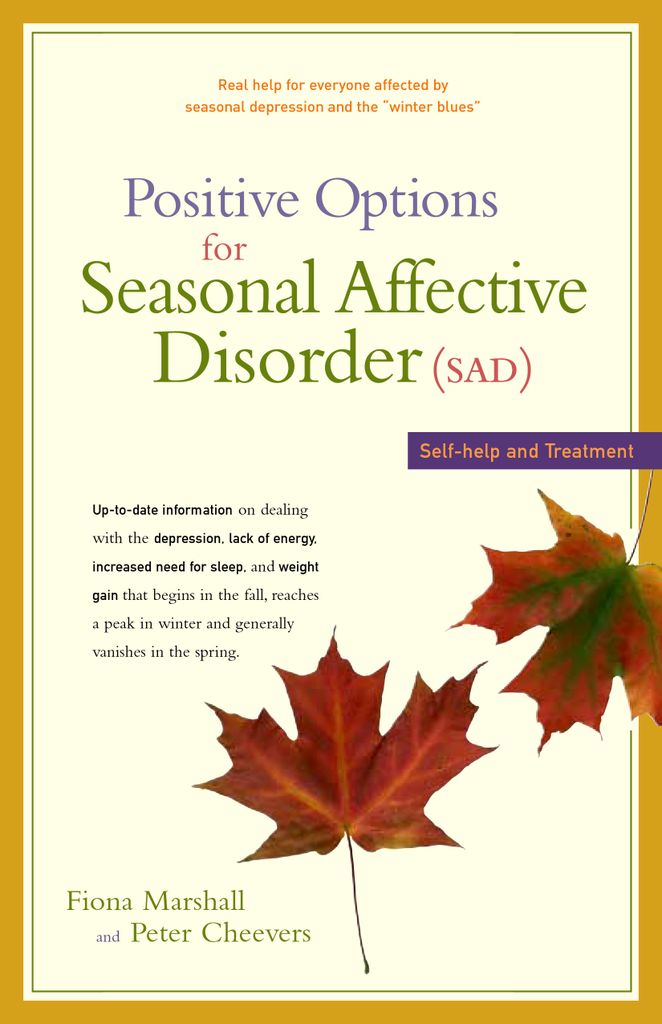 Almost all depressive patients often return to thoughts of death or suicide. Sayings are common about the desire to go into oblivion, so that it happened suddenly, without the participation of the patient, "fall asleep and not wake up." Characteristically contemplating suicide. But sometimes patients are prone to specific suicidal actions.
Almost all depressive patients often return to thoughts of death or suicide. Sayings are common about the desire to go into oblivion, so that it happened suddenly, without the participation of the patient, "fall asleep and not wake up." Characteristically contemplating suicide. But sometimes patients are prone to specific suicidal actions.
Great importance has a so-called "anti-suicidal barrier", one or more circumstances, keep the patient from committing suicide. Revealing and strengthening this barrier is one of the few ways suicide prevention. nine0003
Is there a feeling hopelessness, life's impasse?
Have you ever had Feeling like your life is not worth it to continue it?
Do they come to head thoughts of death?
Did it appear Do you desire to take your own life?
Have you considered specific methods of suicide?
What kept you from this?
Have there been attempts to do this?
Could you tell me more about it?
Decreased appetite and/or weight.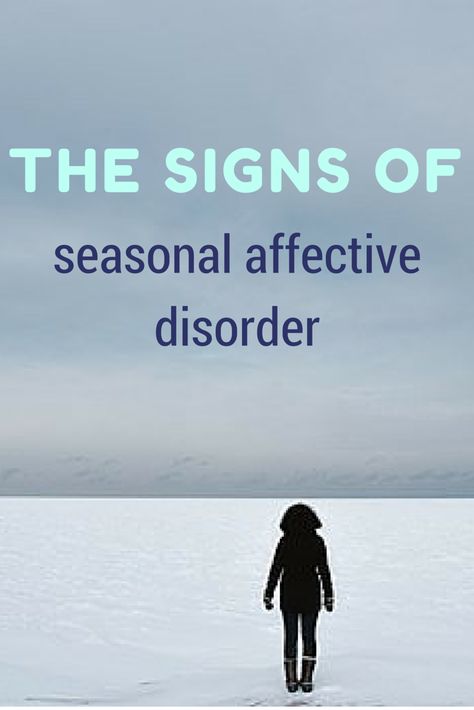 Depression is usually accompanied by a change decrease in appetite and body weight. An increase in appetite occurs when some atypical depressions, in particular, with seasonal affective disorder (winter depression). nine0003
Depression is usually accompanied by a change decrease in appetite and body weight. An increase in appetite occurs when some atypical depressions, in particular, with seasonal affective disorder (winter depression). nine0003
Has your appetite?
Have not lost weight / Have you gained weight lately?
insomnia or increased sleepiness. Among the violations night sleep it is customary to allocate insomnia falling asleep, insomnia in the middle nights (frequent awakenings, superficial sleep) and premature awakenings with 2 up to 5 hours.
Sleep disorders more characteristic of insomnia neurotic genesis, early early awakenings more often found in endogenous depressions with distinct dreary and/or anxious components. nine0003
Do you have sleep problems?
Are you easy do you fall asleep?
If not, what's stopping you Do you sleep?
Are there unreasonable waking up in the middle of the night?
Are you worried heavy dreams?
Doesn't it happen premature early morning awakenings? (Are you able to fall asleep again?)
What mood Are you waking up?
Daily fluctuations moods.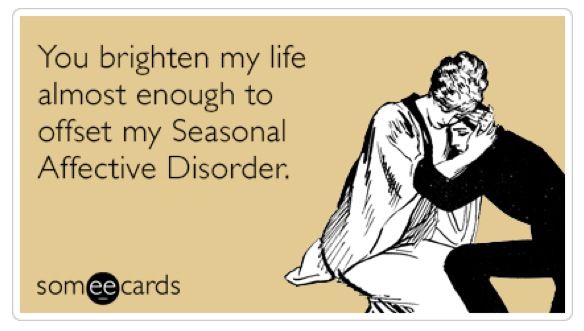 Refinement of rhythmic mood characteristics of patients represents an important differential a sign of endo- and exogenous depression. The most typical endogenous rhythm is a gradual decrease in melancholy or anxiety, especially expressed in morning hours during the day. nine0003
Refinement of rhythmic mood characteristics of patients represents an important differential a sign of endo- and exogenous depression. The most typical endogenous rhythm is a gradual decrease in melancholy or anxiety, especially expressed in morning hours during the day. nine0003
What time of day is the most difficult for you?
You feel heavier in the morning or in the evening?
decline emotional response is manifested poverty of facial expressions, range of feelings, monotony of voice. The basis for assessments are motor manifestations and emotional response recorded during the course of the questioning. Should be considered, that evaluation of some symptoms may be distorted by the use of psychotropic funds.
Monotonous facial expression
Mimic expression may be incomplete.
Facial expression the patient does not change or mimic response less than expected according to with the emotional content of the conversation.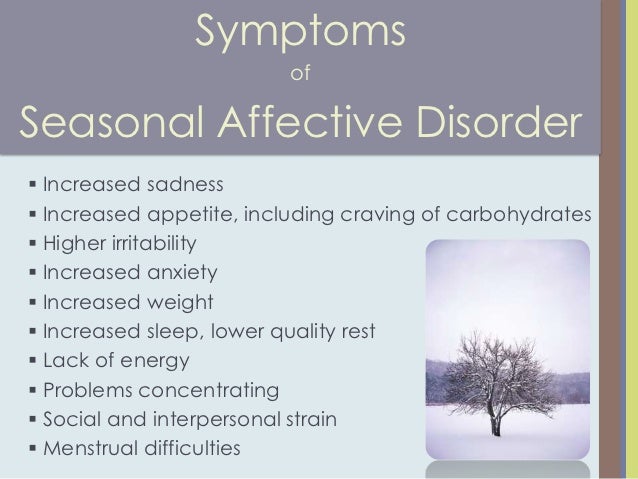
frozen expression, indifferent, reaction to treatment is sluggish.
Decrease spontaneity of movements
The patient looks very stiff during conversation.
Movement is slow.
The patient is sitting motionless throughout the conversation.
Insufficient gesticulation or lack thereof
Sick discovers some reduction in expression gestures.
The patient does not use to express your ideas and feelings arm movements, forward bending the message of something confidential, etc.
Absence emotional response
Failure emotional resonance can be tested by a smile or a joke that usually elicits a smile or laughter.
The patient may skip some of these stimuli.
The patient does not respond as a joke, no matter how he was provoked. nine0003
nine0003
Monotone votes
During a conversation The patient has a slight decrease voice modulation.
In the patient's speech words stand out little in height or power tones.
The patient does not change the timbre or volume of the voice when discussing purely personal topics that can cause disturbance. The patient's speech is constantly monotonous.
Anergy. This the symptom includes a feeling of loss of energy, fatigue or feeling causeless fatigue. questioning about these violations, they should be compared with normal patient activity level:
Are you not experiencing You are more than usual tired, doing ordinary things?
Do you have to feel physical and/or mental exhaustion?
Anxious disorders
Panic disorders. These include unexpected and unexplained anxiety attacks. Such somatovegetative symptoms of anxiety, like tachycardia, shortness of breath, sweating, nausea or discomfort in the abdomen, pain or discomfort in the chest may be more pronounced than mental manifestations: depersonalization (derealization), fear of death, paresthesia.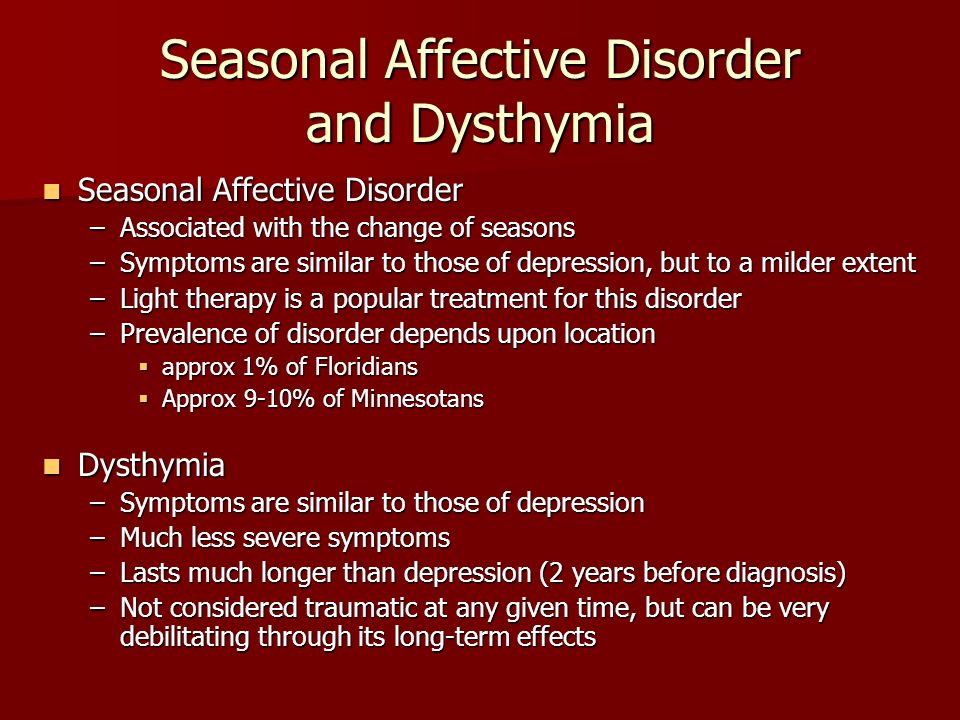 nine0003
nine0003
Did you have to You experience sudden seizures panic or fear in which you were very hard physically?
How long are they continued?
What unpleasant sensations accompanied them?
Not accompanied whether these bouts of fear of death?
Manic status
Manic symptoms. Heightened mood. The condition of the patients is characterized excessive cheerfulness, optimism, sometimes irritability unrelated with alcohol or other intoxication. Patients rarely perceive increased mood as a manifestation of the disease. AT the same time diagnosis of the actual does not cause a manic state special difficulties, so ask more often about transferred in the past manic episodes. nine0003
Did you have to You feel a special elation mood at some period of your life?
Is it essential different from your norm of behavior?
Have your relatives, friends reason to think that your condition is out of bounds just a good mood?
Have you experienced irritability?
How long is it did the state last?
Hyperactivity.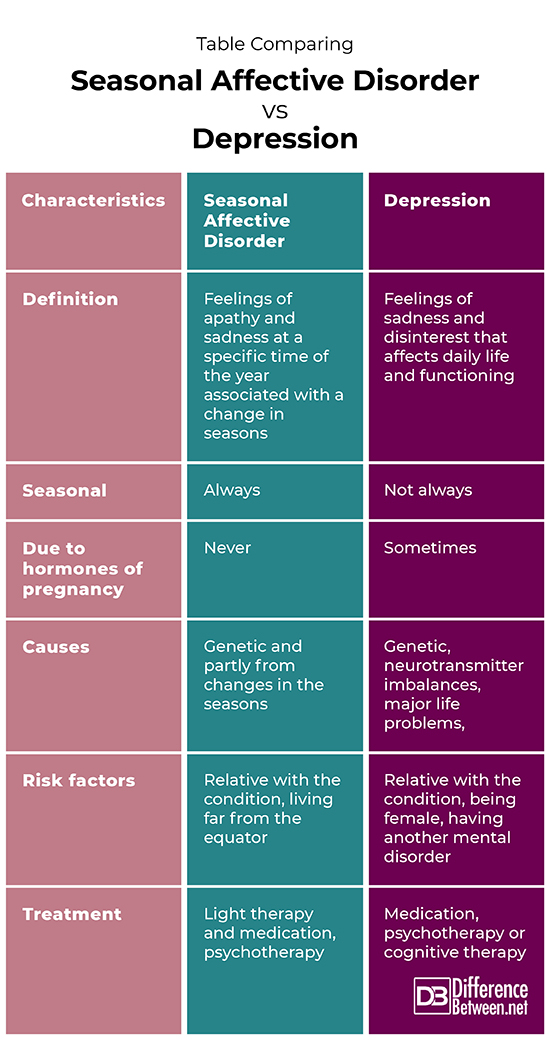 Patients show increased activity in work, family affairs, sexual sphere, in building plans and projects. nine0003
Patients show increased activity in work, family affairs, sexual sphere, in building plans and projects. nine0003
Is it true that you (were then) active and busy more, than usual?
How about a job chatting with friends?
How much do you are now passionate about your hobby or others interests?
Can (could) Do you sit still or do you feel like (wanted) to move all the time?
Speed up thinking / jump ideas. Patients may experience a distinct acceleration of thoughts, notice that thoughts precede speech.
Do you notice the ease of the emergence of thoughts, associations? nine0003
It can be said that Is your head full of ideas?
Increased self-esteem. Evaluation of merits, connections, influence on people and events, forces and knowledge clearly increased compared to ordinary level.
Do you feel more self-confidence than usual?
Do you have any special plans?
Do you feel in some special ability or new opportunities?
Don't you think that you are a special person?
decline sleep duration.
